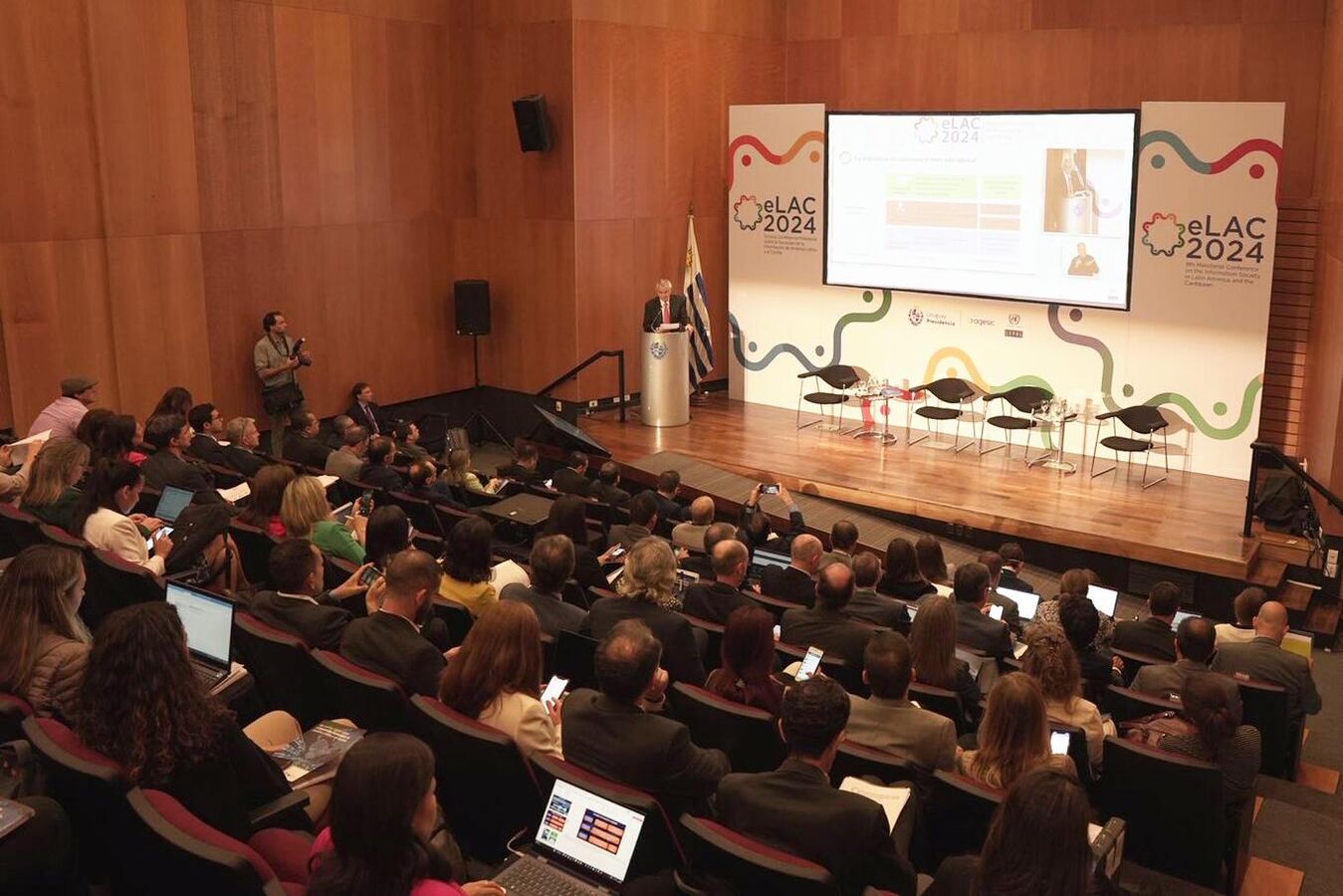The Executive Secretary of ECLAC, José Salazar, highlighted in Montevideo the importance of digitization to transform the development model in Latin America and the Caribbean.
He added that it is necessary “to work both on reducing inequality and on creating wealth.”
“For us, digitization is one of the priority areas for the transformation of the development model of Latin America and the Caribbean,” said Salazar in his speech at the Eighth Ministerial Conference on the Information Society in Latin America and the Caribbean in the regional commission that began this Wednesday and will run until this Friday, according to the Economic Commission for Latin America and the Caribbean (ECLAC) on Twitter.
ECLAC has raised the urgency of advancing towards the transformation of the development model in Latin America and the Caribbean, focusing on improving productivity, favoring inclusion and promoting sustainability, he indicated.

Representatives of the Government, the private sector, the technical community and civil society participate in the conference.
Salazar believes that it is necessary “to work both on reducing inequality and on creating wealth. Having a vision of the future, being progressive in Latin America and the Caribbean has traditionally meant a concern for inequality and poverty, and that is key code.”
“Today the region is going through a true crisis of its growth and development model, which is reflected in the deterioration of multiple indicators of well-being and social and economic performance,” he added.
ECLAC’s executive secretary believes that in order to move towards a true process of digital inclusion, “a set of actions and policies are required to facilitate its use and adoption in all segments of the population, companies and government institutions.”
Hebert Paguas, Executive Director of the Digital Government, Information Society and Knowledge Agency of the Presidency of Uruguay, said at the conference that in his country digital agendas have been a State policy from 1999 to date.
He affirmed that the infrastructure and digital connectivity in Uruguay today reach almost 100%.
With information from Sputnik

